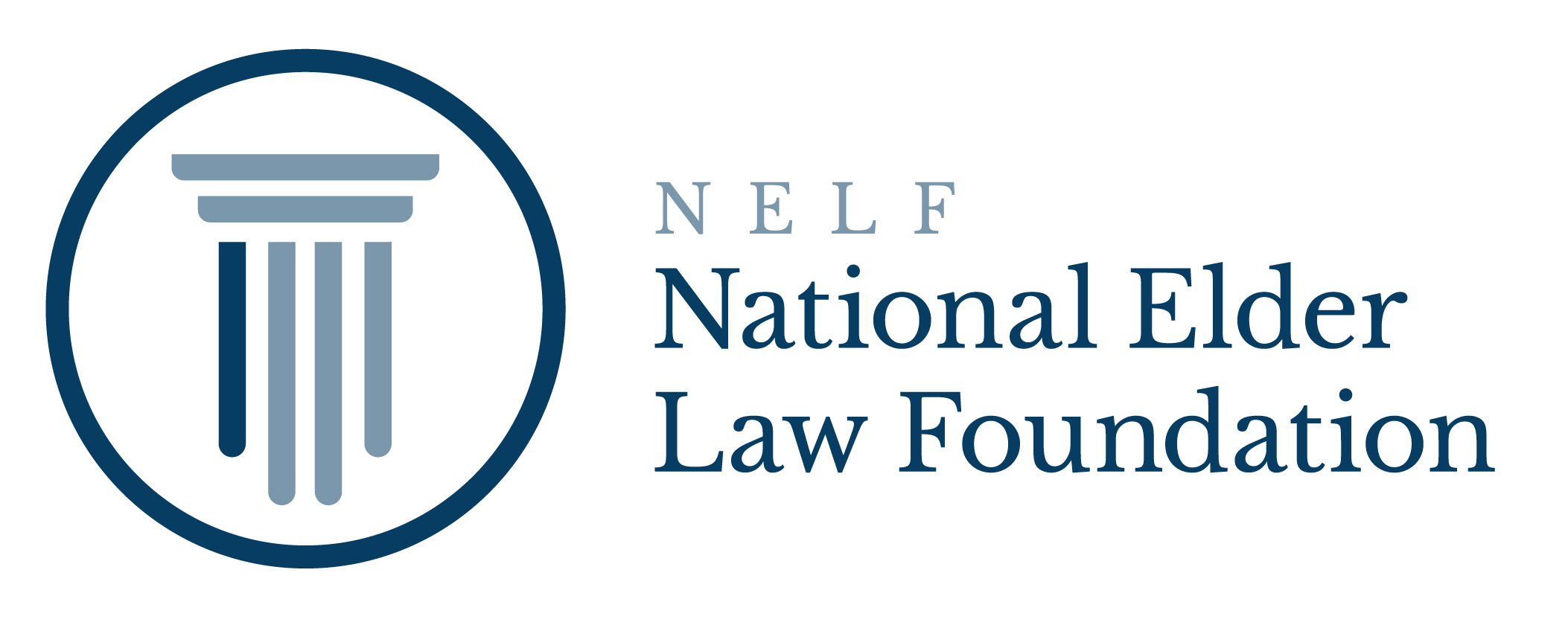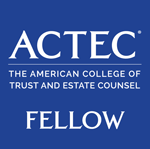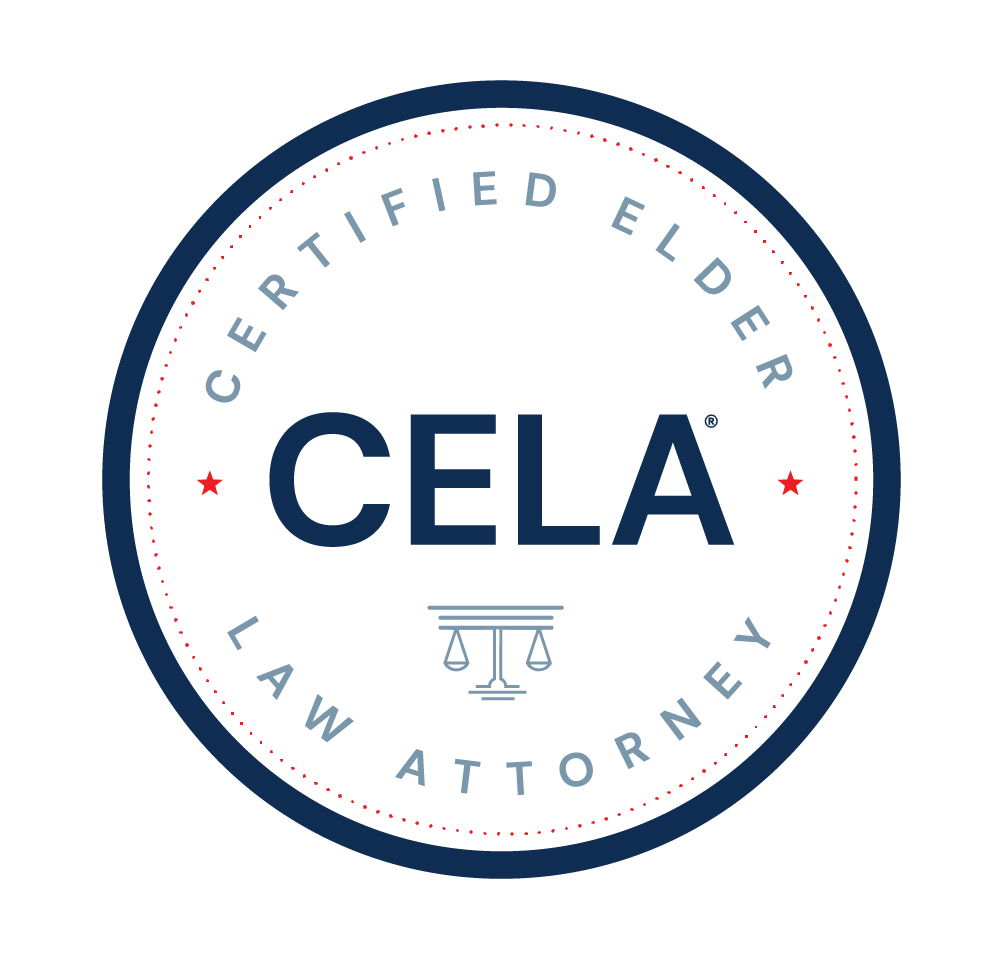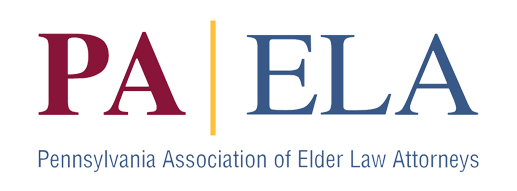Estate Planning Lawyers
Know the Essential Estate Planning Documents You Need in Pennsylvania
Our Harrisburg estate planning lawyers provide answers to the following questions, and give you the peace of mind of knowing the best possible planning is in place for you and your family:
- What is a living trust? Is it right for me?
- What taxes will apply to my estate after my death?
- How can I minimize the taxes for my estate?
- How should I plan for my minor children?
- Should I list my estate as beneficiary of my retirement accounts?
- Do I need a Power of Attorney if I am married?
- What is an Advance Directive and why is it important?
- Who has the authority to make end-of-life decisions when someone is not able to make them for him or herself?
Estate Planning in Pennsylvania
Estate Planning Statistics
- According to a Caring.com 2021 survey, there has been a 63 percent rise in the number of young adults with a will since 2020.
- In 2021, for the first time, adults aged 18 to 34 are more likely to have a will than adults aged 35 to 54.
- The number of adults 55 and older with a will has decreased from 60 percent to 44 percent since 2019.
- About 1 in 5 adults do not know what an advanced health care directive is.
- The Caring.com survey identified wills as the most common type of estate planning document. However, COVID-19 has not led to a significant increase in the overall number of U.S. adults creating a will.
- Nearly two-thirds of people recognize the importance of wills, but only one-third have created key estate planning documents.
- While the pandemic has resulted in a 35 percent increase in people’s desire to create a will, 2 out of 3 Americans still lack key estate planning documents.
- Since 2017, there has been a 90 percent rise in the percentage of Americans who say they do not understand how to get a will, which is one of the main reasons cited for not having estate planning documents.
- Behind procrastination, not having enough assets to leave to heirs is the second most common reason cited for neglecting estate planning.
- More than a quarter of Pennsylvania’s population is aged 60 or over. Nearly 13 percent of seniors aged 65 and above live alone.
- Pennsylvania has one of the nation’s heaviest property tax burdens. The average property tax is $1,674 per $100,000 in home value.
Powers of Attorney
A Power of Attorney is the legal document that designates someone to act on your behalf for financial and health care decision-making. It is essential to have a comprehensive, carefully drafted Power of Attorney that complies with current law, to protect yourself and your family members in the event of incapacity.
Wills
As the old adage goes, “You don’t know your family until you have shared an inheritance with them.” Problems arise in estate administration. The way to avoid problems is to have a carefully drafted Will that specifies how you want your assets to be divided and whom you want to administer your estate. Your Will should also address tax considerations and planning for minors or incapacitated beneficiaries.
Trusts
There are many different types of trusts that can be useful estate planning tools. Trusts for minors, federal estate tax planning trusts, and special needs trusts are just a few examples of the kinds of trusts that can be useful in your estate planning.
Advance Directives or Living Wills
An Advance Directive or Living Will is a document that allows you to have some control over end of life decisions, and that alleviates the decision-making burden from your loved ones. It is an important part of your estate planning. Read our guide to Advance Health Care Directives in Pennsylvania.









